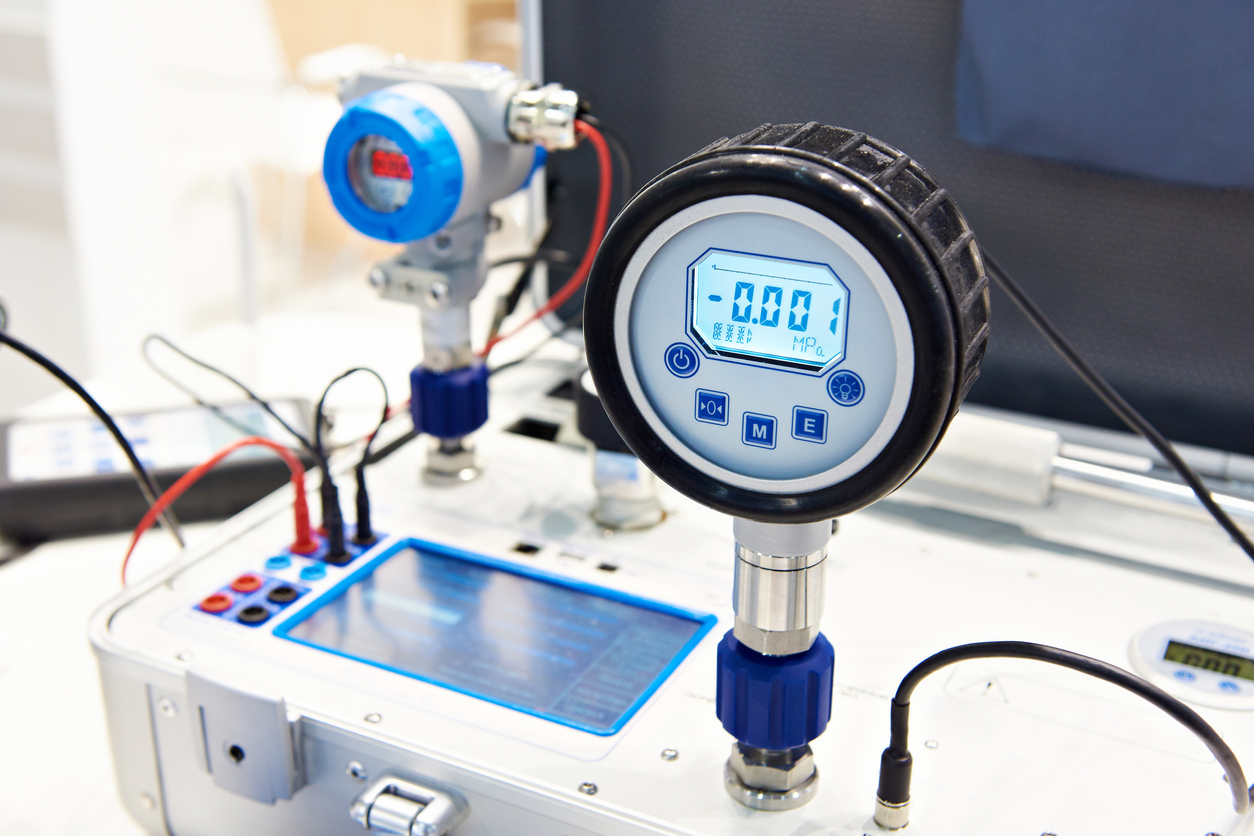Calibration

The purpose of calibration in the context of measuring and monitoring resources is to ensure the accuracy and reliability of the measurements and data collected by those resources. Calibration involves comparing the measurements obtained from a given instrument or system to a known reference or standard, and then adjusting the instrument if necessary to minimize any discrepancies between the measurements and the true values.
Here are some key reasons why calibration is important:
- Accuracy and Reliability: Over time, measuring instruments can drift or become less accurate due to factors such as wear and tear, environmental conditions, and electronic component variations. Calibration ensures that the instrument’s readings remain accurate and reliable, which is crucial for making informed decisions or conducting scientific research.
- Compliance with Standards: Many industries and fields have specific standards or regulations that dictate the acceptable accuracy and precision of measurements. Calibration helps ensure that the measurements obtained from the instruments meet these standards, thereby avoiding potential legal or regulatory issues.
- Quality Control: Calibration is an essential component of quality control processes. Industries such as manufacturing, healthcare, and environmental monitoring rely on accurate measurements for product quality, patient safety, and compliance with environmental regulations.
- Data Integrity: In scientific research, accurate data is crucial for drawing valid conclusions and making sound hypotheses. Calibrated instruments contribute to data integrity by reducing measurement errors and uncertainties.
- Cost Savings: Regular calibration can help identify potential issues with measuring instruments before they lead to costly errors or failures. Timely maintenance and adjustment can extend the lifespan of instruments and prevent expensive downtime.
- Traceability: Calibration involves comparing measurements to known standards that are traceable to internationally recognized measurement systems. This traceability ensures consistency and comparability of measurements across different instruments, labs, and locations.
- Confidence in Measurements: Calibrated instruments provide confidence in the accuracy of measurements. This is particularly important in critical applications such as medical diagnostics, aerospace engineering, and energy production.
- Risk Management: In applications where inaccurate measurements could lead to safety hazards or operational failures, calibration helps manage risks by reducing the likelihood of incorrect readings.
- Long-Term Data Trends: Calibrated monitoring equipment is crucial for tracking long-term trends, such as climate change, environmental shifts, or industrial processes. Accurate data over time is essential for making informed decisions and predictions.
- Consumer Trust: Consumers often rely on measurements for products they purchase, such as food packaging indicating weight or volume. Calibrated measuring instruments contribute to consumer trust by ensuring that the products meet stated specifications.
Calibration typically involves comparing the measurement results of an instrument with a reference standard, and adjustments are made to the instrument if discrepancies are identified. Calibration can be done by certified calibration laboratories or through in-house calibration processes, depending on the precision and requirements of the measurements. The frequency of calibration varies based on factors such as the instrument’s stability, usage conditions, and industry standards.
The scope of calibration is quite broad and encompasses various aspects of measurement and monitoring across different industries and applications. Here are some key areas within the scope of calibration:
Laboratory Instruments, Industrial Equipment, Electrical and Electronic Equipment, Medical Devices, Aviation and Aerospace, Environmental Monitoring, Automotive Testing, Production, Construction and Civil Engineering, Telecommunications, Food and Beverage Industry, Pharmaceutical Industry, Research and Development, Legal Metrology, Metrology Laboratories etc..
Benefits of Calibration:
Calibration offers numerous benefits across various industries and applications, contributing to accurate measurements, quality assurance, and reliable decision-making. Here are some of the key benefits of calibration:
Accuracy and Precision, Quality Assurance, Compliance with Standards and Regulations, Data Integrity, Traceability, Risk Reduction, Cost Savings, Increased Lifespan, Customer Confidence, Scientific and Engineering Research, Process Control, Environmental Monitoring, Medical Diagnostics, Regulatory Compliance, Public Safety, Consistency, Efficient Troubleshooting, Confidence in Decisions, Trade and Commerce, Professional Reputation, Traceable to National and International standards etc.
Overall, the benefits of calibration are far-reaching, influencing various aspects of industries, research, and everyday life. By maintaining accurate measurements, calibration supports quality, safety, compliance, and informed decision-making in a wide range of applications. To learn more on this service, pls click on: https://youtu.be/plwTqPzmqck
For further inquirey, pls click on our customer inquiry form:
https://docs.google.com/forms/d/e/1FAIpQLSceazFa25VuB_y5v6PmzNbEPZpvMLU1a8Vou-ymUzwRqM0i8g/viewform
